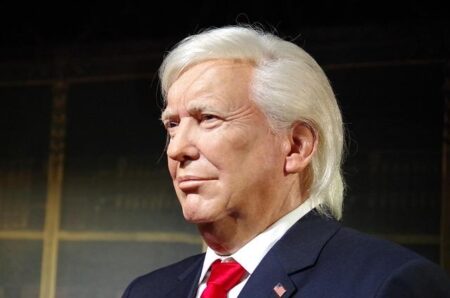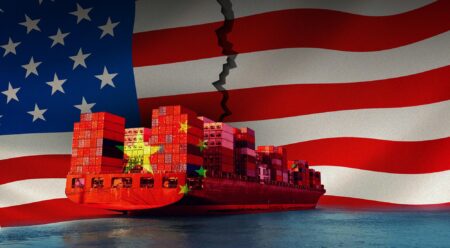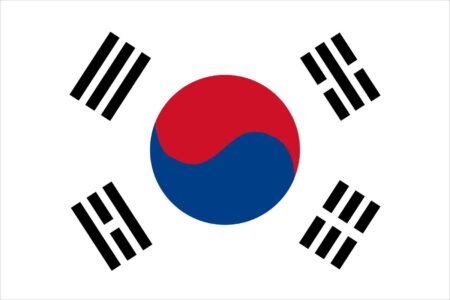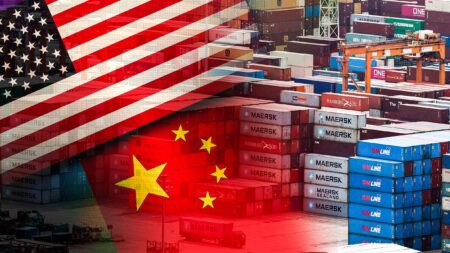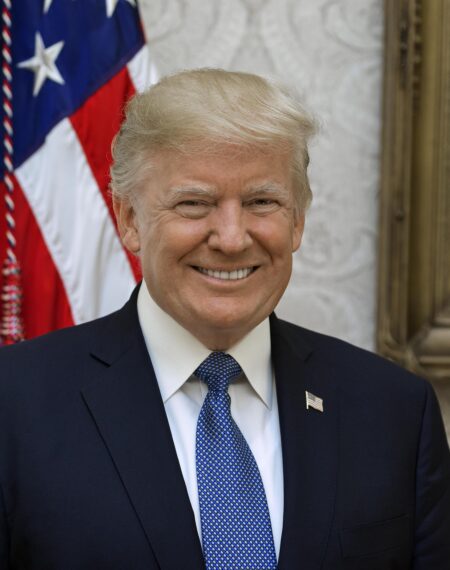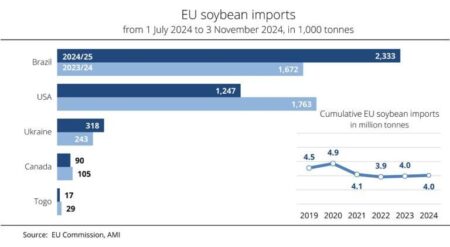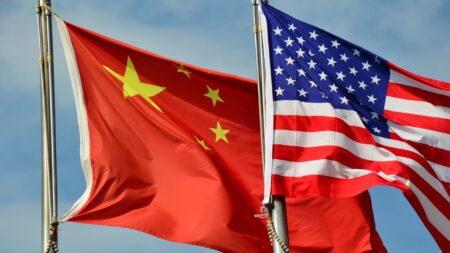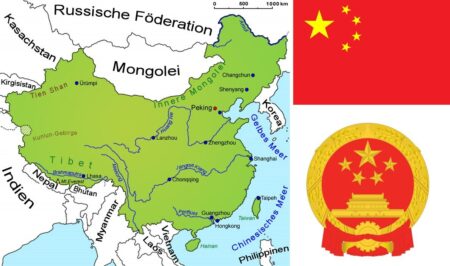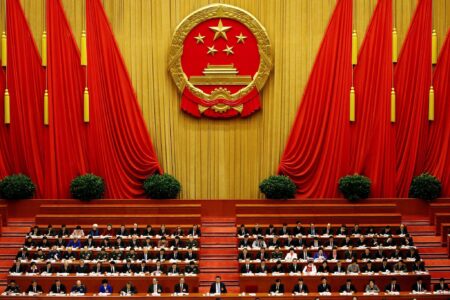Former President Donald Trump has issued a bold warning: if the U.S. proceeds with a trade deal with China, he will impose a staggering 100% tariff on Canadian goods, escalating tensions between these longtime allies, according to upi.com
Browsing: U.S.-China relations
TikTok has forged a groundbreaking deal to launch a new U.S.-based entity, aiming to ease concerns over its Chinese ownership and address national security issues raised by U.S. officials-potentially revolutionizing how it operates
Canada has forged a groundbreaking tariff agreement with China, signaling a major shift in global trade away from the U.S. This landmark deal promises to ease tensions and turbocharge economic ties between the two nations, reshaping the future of international commerce
South Korea is charting a delicate course, determined to uphold its robust alliance with the U.S. while simultaneously expanding its economic partnership with China-all against a backdrop of rising geopolitical tensions and intense pressure from both superpowers to choose a side
CNBC’s The China Connection explores the future of U.S.-China relations after a decade of intense rivalry, revealing the shifting dynamics and daring new strategies in trade, technology, and geopolitics that will shape the next chapter
A recent U.S. strike on Venezuela has sent shockwaves through global politics, catapulting China’s daring advances toward Taiwan into the global spotlight. Experts warn this development could dramatically escalate tensions and amplify geopolitical risks throughout the Indo-Pacific region
Nvidia’s recent lobbying efforts in China have hit a major milestone, securing crucial regulatory approvals that boost its market presence like never before. However, experts caution that persistent geopolitical tensions and supply chain hurdles may temper the long-term benefits of these achievements
Japan’s Prime Minister has reaffirmed a powerful alliance with former U.S. President Trump following recent U.S.-China talks, emphasizing the crucial importance of strong U.S.-Japan ties in tackling regional challenges, Kyodo News reports
Despite China placing its largest U.S. soybean order in two years, American farmers remain cautious. The lingering uncertainty over trade policies and market stability has many producers wary about what lies ahead
India now confronts higher U.S. tariffs than China, highlighting the surprising turns in Trump’s trade policies. This development opens a new chapter of challenges in U.S. relations with emerging markets and exposes the complex forces driving global trade today
Rising tensions between the U.S. and China are placing countries like South Korea in a tough position, as they strive to balance deep economic connections with Beijing against vital security alliances with Washington amid an intensifying geopolitical rivalry
South Korea stands at a pivotal crossroads, facing the delicate challenge of preserving its robust alliance with the U.S. while simultaneously strengthening crucial economic ties with China. All eyes are on Seoul as it navigates this intricate and high-stakes geopolitical balancing act
The week ahead in FX and bonds is charged with excitement as the Federal Reserve prepares to unveil a long-anticipated rate cut, while pivotal U.S.-China trade talks take center stage. Investors are on high alert, hungry for clues on monetary policy changes and geopolitical developments that could reshape market dynamics
Bitcoin skyrocketed as renewed hopes for easing U.S.-China tensions reignited investor confidence, Barron’s reports. The cryptocurrency surged ahead, driven by fading geopolitical concerns and a fresh surge of market optimism
Amid rising tensions, China and the U.S. have ramped up tariff threats and tightened trade controls, igniting a high-stakes battle that could reshape global markets and redefine international relations
Former President Donald Trump issued a stark warning that he would be “very upset” if the Chinese military ever set foot in Argentina, highlighting mounting concerns over China’s expanding influence throughout Latin America
Farmers are urging former President Trump to take action and help break the deadlock on soybean trade with China amid ongoing tariff battles. They emphasize that reliable export markets are vital to keeping the U.S. agricultural economy strong and thriving
Speaker Johnson delivered a sharp rebuke to China over its tightened restrictions on Nvidia chip exports, escalating the already fierce tensions between the U.S. and China amid ongoing tech and trade conflicts, CNBC reports
China is capitalizing on the political turmoil surrounding former U.S. President Trump to rally global leaders in challenging the U.S.-dominated international order, all while striving to elevate its own influence and stature on the world stage
China’s growing attention to New York politics reveals a bold strategy to influence key global economic hubs, safeguard its investments, and shape U.S. policy in an era of escalating geopolitical challenges

